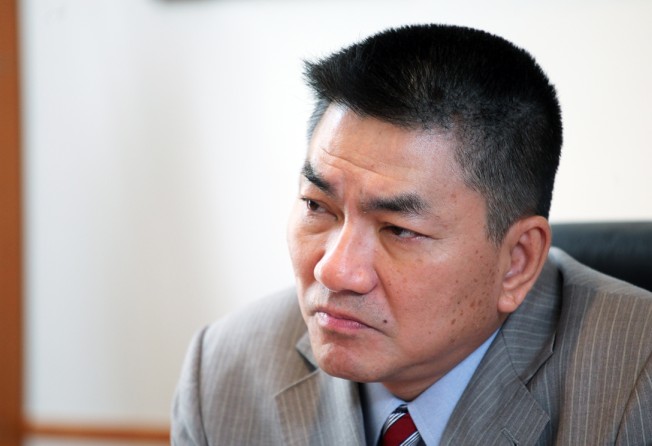
Investors face hard truths about IPO market in Hong Kong
Money transfer at Nuoqi and a series of profit warnings by new listings raise concerns over sponsor responsibility and regulatory oversight

Concerns have arisen that the quality of companies seeking to list in Hong Kong may deteriorate after the chairman of a newly listed mainland fashion firm went missing following an unauthorised fund transfer.

The unusually large money transfer, coupled with a number of profit warning statements from other recently listed companies, have shone a spotlight on issues such as investor protection, the responsibility of listing sponsors and regulatory oversight.
Shares in Nuoqi have been suspended from trading since July 23 and the company said it was unable to make cash dividend payments to shareholders as scheduled. It raised HK$274 million in net proceeds from its initial public offering.
"No system can totally prevent the occasional mishap, whether it is in the form of a lapse in professional standards or bad conduct," Cheah Cheng Hye, the chairman of Value Partners, told the South China Morning Post. "Hong Kong has become one of the most tightly - some might even say harshly - regulated financial markets in the world."
Lin Yong, the chief executive of brokerage firm Haitong International Securities, agreed, saying Hong Kong served as a well-functioning market in terms of legal infrastructure and disclosure requirements.
Even with a rigorous listing regime, Cheah, dubbed the "Warren Buffett of Asia", said: "Many of the most solid businesses in Greater China are already listed, so a larger proportion of the new listings may consist of second or third-tier names."
More than half of the 59 newly listed companies were trading below their offer price, including Li Ka-shing's US$3 billion HK Electric Investments, the city's biggest flotation so far this year.
"In any free market, there will be winners and losers. You decide your own risk appetite, and some of the higher-risk IPOs may not be suitable for you," said Cheah, who invests in small-cap stocks and is a long-term bull on the mainland market.
Philippe Espinasse, a lecturer at the University of Hong Kong and a former banker with Macquarie and Nomura, said small companies did not have the same resources for governance, risk management and controls as their larger peers so it was not surprising that scandals appeared to be more frequent in these businesses.
CCB International (Holdings), the sponsor of Nuoqi's offering, declined to comment.
The scandal at Nuoqi has certainly shaken investor confidence in upcoming listings, one of Hong Kong Exchanges and Clearing's bread-and-butter businesses even though the bourse has diversified its revenue steam into commodities through the costly takeover of the London Metal Exchange.
First-half results from the exchange showed lower turnover in stocks and derivatives, which chief executive Charles Li Xiaojia said was not related to the quality of the share offerings.
Daily average turnover declined 8 per cent year on year to HK$62.9 billion during the period although it was the busiest first half for new share issues in three years.
HKEx said some newly listed companies had issued profit warnings after the share sale, despite having disclosed anticipated deteriorating performance in their listing documents, as required by the inside information provisions under the Securities and Futures Ordinance.
"These issuers are cautious of not breaching these provisions. In all cases where issuers released a profit warning announcement, we will review them," an exchange spokesman said.
According to stock exchange data, four new listings have issued profit warnings after going public, representing 5.9 per cent of the 68 flotations so far this year. This was lower than the 18.6 per cent in the second half of last year, when 13 of the 70 new listings issued profit warnings.
The Securities and Futures Commission has already tightened regulation of listing sponsors. Under new regulations from October last year, a sponsor must be appointed at least two months before a listing application is made.
It also requires sponsors to notify regulators of any instances of non-compliance and give reasons if and when they cease to act for a listing applicant.
But the key proposals in the new rules on the introduction of criminal liability for sponsors who fail in their duty have not been implemented because they require a change in legislation.